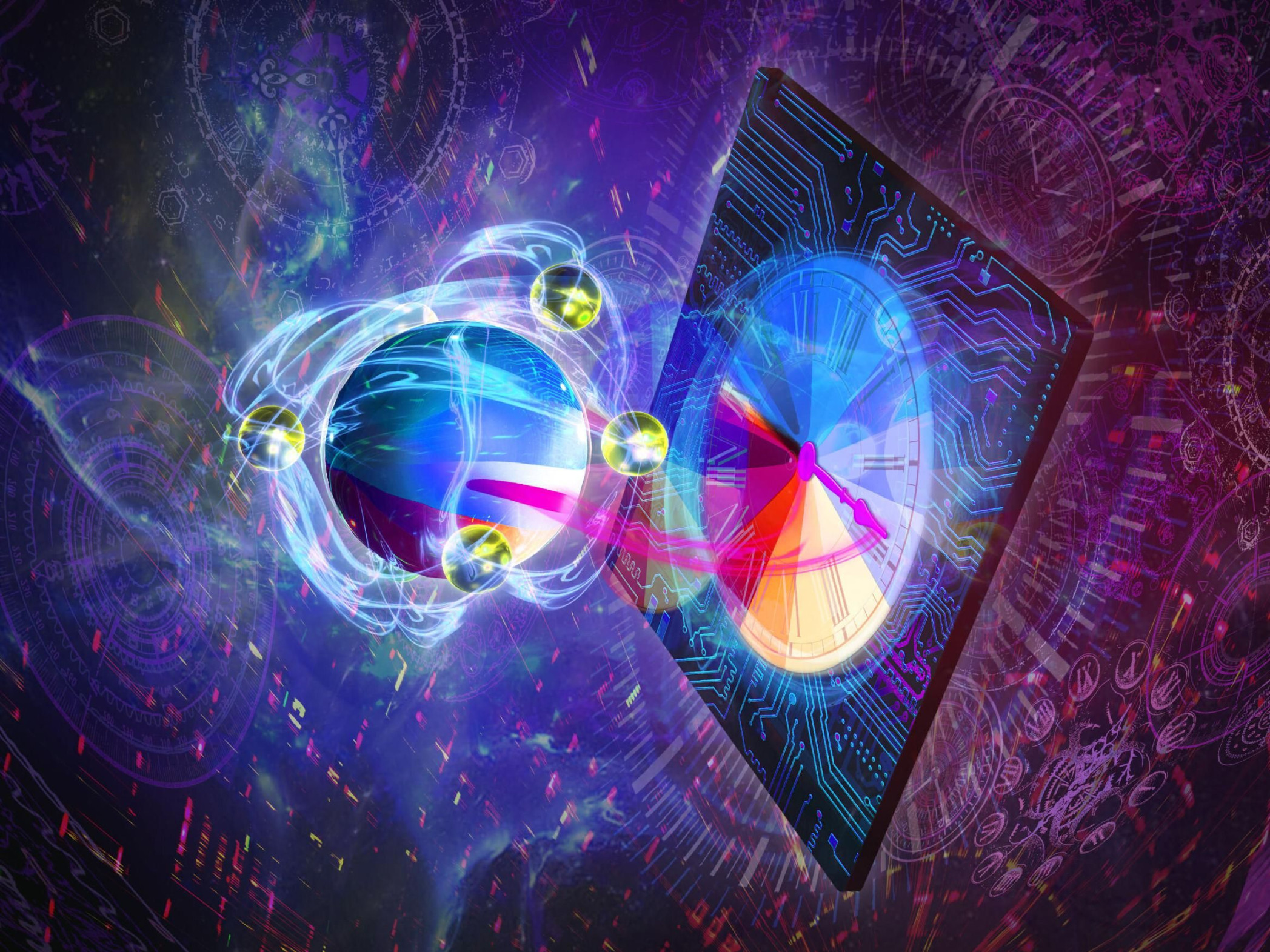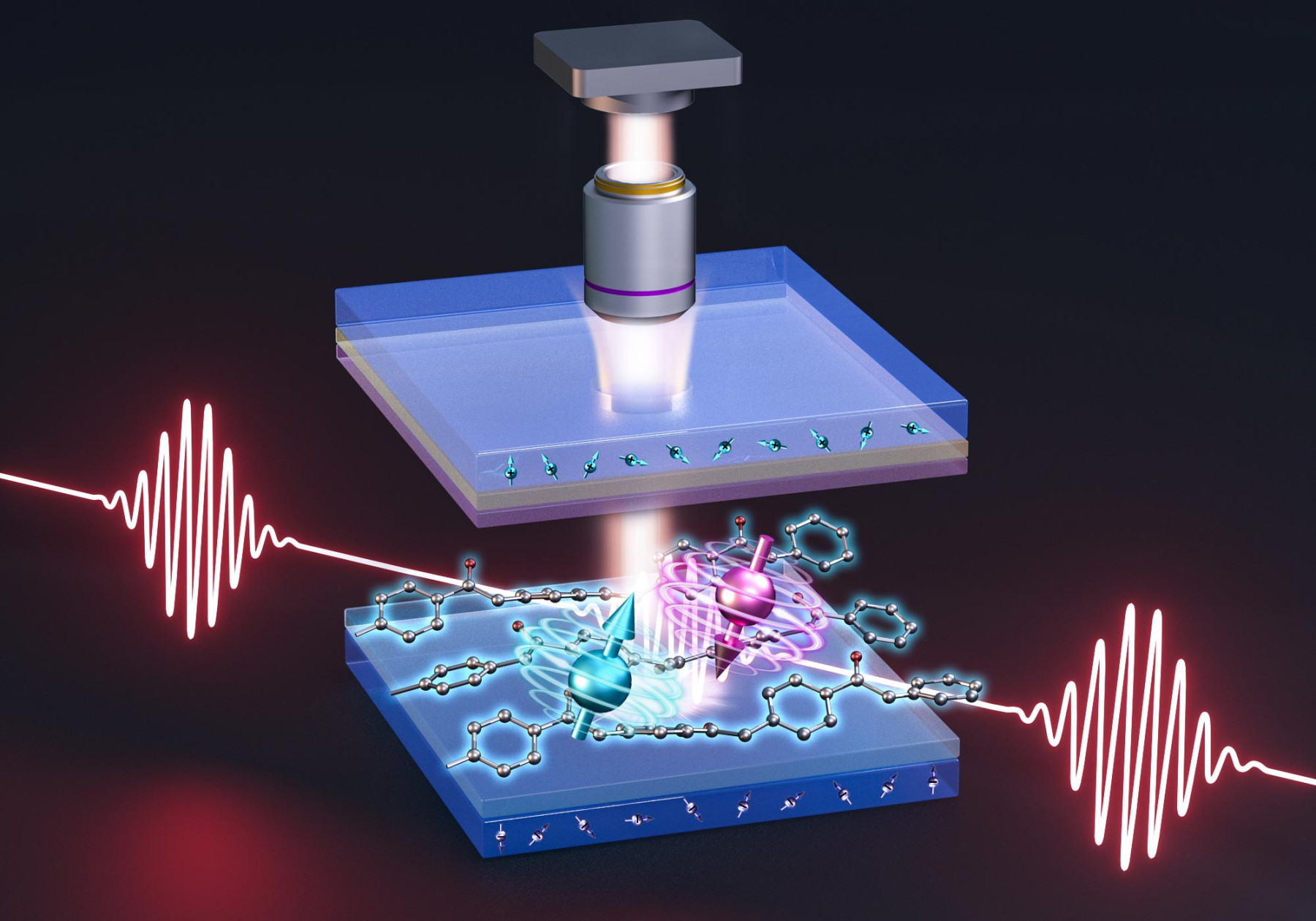Quantum Sensors: Revolutionizing the World of Measurement
What do you mean by Quantum Sensors?
Quantum sensors are a groundbreaking technological innovation that harnesses the principles of quantum mechanics to enable highly precise measurements. Unlike classical sensors that rely on macroscopic objects, quantum sensors exploit the unique properties of quantum systems, such as superposition and entanglement, to achieve unparalleled levels of accuracy and sensitivity.
How do Quantum Sensors work?
Quantum sensors operate by leveraging the delicate nature of quantum states. They typically employ quantum systems like trapped ions, superconducting circuits, or cold atoms, which are manipulated and controlled to exhibit specific quantum behaviors. By carefully measuring the quantum properties of these systems, quantum sensors can detect incredibly small changes in the surrounding environment.
What is known about Quantum Sensors?
Quantum sensors have gained significant attention in recent years due to their potential applications across various fields. They offer tremendous advantages in terms of precision, enabling measurements at the atomic and subatomic scales. These sensors have shown exceptional accuracy in detecting gravity, magnetic fields, temperature, time, and even biological signals, surpassing the capabilities of traditional sensors.
One notable example is the use of quantum sensors in navigation systems. By exploiting the Earth’s magnetic field, quantum sensors can provide highly accurate position information, even in environments where GPS signals are unavailable or unreliable. This has tremendous implications for autonomous vehicles, deep-sea exploration, and space missions.

Furthermore, quantum sensors have the potential to revolutionize healthcare. They can detect minuscule changes in brain activity, facilitating the early diagnosis and treatment of neurological disorders. Quantum sensors can also be used in medical imaging, enabling more precise and non-invasive techniques for detecting tumors and monitoring vital signs.
The Solution: Quantum Sensor Advancements
Scientists and engineers are continuously pushing the boundaries of quantum sensor technology to unlock its full potential. One approach involves developing more robust and scalable platforms for quantum systems, allowing for easier integration into practical applications. This includes refining fabrication techniques and improving the stability and coherence of quantum states.
Another key area of research focuses on enhancing the sensitivity and precision of quantum sensors. By optimizing measurement protocols and reducing sources of noise, researchers aim to improve the signal-to-noise ratio, enabling even finer resolution and detection limits. Additionally, efforts are underway to develop multipurpose quantum sensors capable of simultaneously measuring multiple physical quantities.
Providing Critical Information
Quantum sensors have the power to provide critical information in fields that demand high precision and accuracy. In geophysics, these sensors can detect subtle changes in gravity, enabling the monitoring of natural disasters such as earthquakes and volcanic eruptions. They can also contribute to environmental monitoring, ensuring the safety and sustainability of various ecosystems.

Moreover, quantum sensors have immense potential in the field of defense and national security. By detecting magnetic anomalies, quantum sensors can aid in the detection of submarines and unmanned underwater vehicles. They can also be utilized for secure communication, leveraging the principle of quantum entanglement to enable unbreakable encryption.
Conclusion
Quantum sensors represent a transformative technology that promises to revolutionize the world of measurement. Their ability to harness the principles of quantum mechanics allows for unprecedented precision and accuracy in detecting a wide range of physical quantities. From navigation systems and healthcare to geophysics and national security, quantum sensors are poised to drive innovation in numerous fields, ultimately shaping a more advanced and interconnected future.
Frequently Asked Questions (FAQs)
1. Are quantum sensors commercially available?
While quantum sensors are still in the research and development phase, some companies have started commercializing quantum-based sensing technologies. However, widespread availability of quantum sensors for everyday applications may still be several years away.
2. Can quantum sensors be used in space exploration?
Yes, quantum sensors have great potential for space exploration. Their high accuracy and sensitivity make them ideal for measuring gravitational fields, magnetic fields, and other physical quantities in space, enabling more precise mapping and navigation of spacecraft.
3. How do quantum sensors differ from traditional sensors?
Quantum sensors differ from traditional sensors in that they exploit the delicate nature of quantum states to achieve higher precision and sensitivity. Traditional sensors rely on classical principles, whereas quantum sensors leverage quantum phenomena such as superposition and entanglement to attain unparalleled measurement capabilities.
4. What are the challenges in developing quantum sensors?
Developing quantum sensors faces several challenges, including the need for maintaining quantum coherence over extended periods, minimizing environmental noise, and scaling up the technology for practical applications. Overcoming these challenges requires advancements in materials, engineering, and quantum control techniques.
5. Can quantum sensors improve medical diagnostics?
Yes, quantum sensors hold significant promise for medical diagnostics. Their high sensitivity allows for the detection of subtle changes in biological signals, facilitating early disease diagnosis. Quantum sensors can also enhance medical imaging techniques, enabling more precise and personalized treatments.